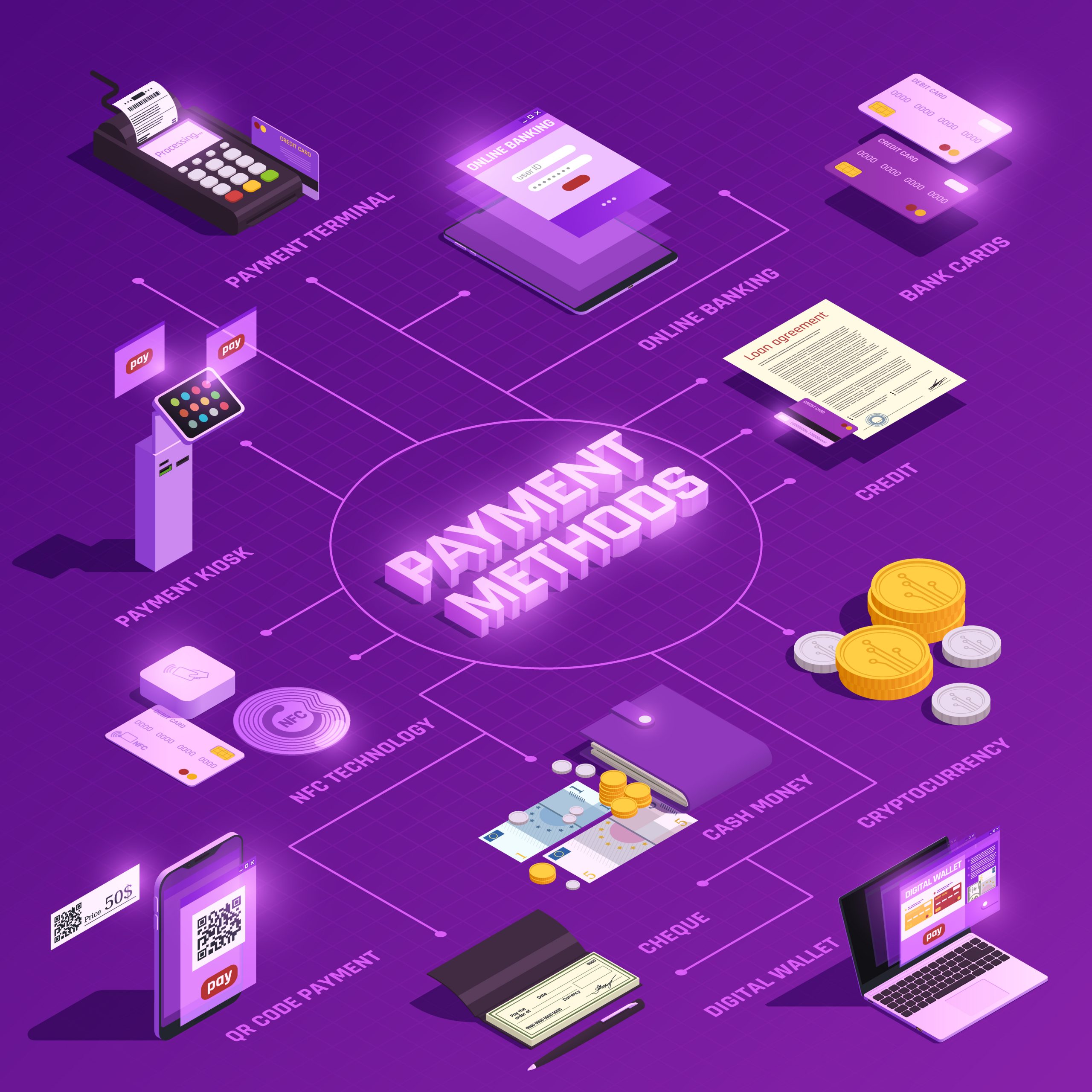Revenue management is a critical process for businesses aiming to maintain financial accuracy, ensure compliance, and deliver real-time revenue insights. For organizations dealing with complex sales scenarios—whether involving single or multiple performance obligations—traditional revenue recognition processes can be time-consuming and error-prone. NetSuite Revenue Management by STREAMS Solutions emerges as a robust solution, simplifying and automating revenue recognition while adhering to accounting standards such as ASC 606 and IFRS 15.
NetSuite Revenue Management allows businesses to streamline processes, improve compliance, and gain actionable intelligence on their revenue streams. By automating revenue policies and aligning with real-time financial data, organizations can eliminate manual errors, increase efficiency, and make better decisions.
The Challenge of Modern Revenue Recognition
Revenue recognition is more than just recording transactions; it’s about aligning revenue with business performance. The introduction of standards like ASC 606 and IFRS 15 requires organizations to manage performance obligations, allocate revenue accurately, and report it based on when goods or services are delivered.
For businesses operating across different geographies, industries, or subscription-based models, this process becomes even more complex. Some key challenges include:
- Multiple Performance Obligations: Sales often include multiple deliverables, such as hardware, software, training, or support services, which must be accounted for separately.
- Manual Tracking: Relying on spreadsheets and manual processes increases the risk of human errors and non-compliance.
- Delayed Reporting: Without automation, revenue reporting is often delayed, affecting real-time insights and financial decision-making.
- Regulatory Compliance: Adhering to evolving standards like ASC 606 and IFRS 15 requires consistent and accurate allocation of revenue.
NetSuite Revenue Management by STREAMS Solutions addresses these challenges by automating revenue recognition processes, managing multi-element arrangements, and providing businesses with actionable intelligence.
NetSuite Revenue Management: Key Features and Benefits
NetSuite Revenue Management provides a streamlined approach to recognize revenue based on performance obligations, ensuring compliance while delivering real-time financial insights. Here are its key capabilities:
1. Simplified Revenue Recognition for Complex Sales
NetSuite Revenue Management simplifies revenue recognition by automating processes for sales that involve single or multiple performance obligations. Businesses no longer need to manually break down contracts with multiple deliverables or track revenue recognition schedules.
- Single Performance Obligation: For straightforward transactions, such as a single product sale, revenue is recognized as per the delivery or invoicing schedule. NetSuite automates the alignment of revenue recognition with the timing of obligations.
- Multiple Performance Obligations: For more complex sales involving bundles of products or services, NetSuite allocates revenue to each component based on standalone selling prices (SSP). For example, a software company selling software licenses, implementation services, and support will have revenue recognized separately based on delivery timelines and contract terms.
This automation ensures revenue is recognized accurately and timely, reducing the risk of errors and inconsistencies.
2. Automation of Revenue Policies for Compliance
Compliance with global accounting standards like ASC 606 and IFRS 15 is mandatory for businesses. These standards require companies to allocate revenue based on a five-step framework:
- Identify the contract with the customer.
- Identify performance obligations.
- Determine the transaction price.
- Allocate the price to each performance obligation.
- Recognize revenue as obligations are satisfied.
NetSuite automates these steps, ensuring businesses remain compliant. Its rules-based engine allows organizations to configure revenue policies, automate complex calculations, and adhere to evolving regulatory frameworks without manual intervention.
For example:
- Automated Allocation: NetSuite automatically allocates transaction prices to each performance obligation based on pre-defined rules.
- Deferred Revenue Management: When obligations are delivered over time (e.g., subscriptions), NetSuite tracks deferred revenue and recognizes it as per contract terms.
- Audit-Ready Reporting: All transactions and revenue recognition schedules are recorded with audit trails, ensuring transparency for internal and external stakeholders.
By automating these policies, NetSuite minimizes compliance risks while reducing the time spent on revenue recognition tasks.
3. Real-Time Revenue Intelligence
Accurate, real-time revenue insights are critical for financial planning and decision-making. NetSuite Revenue Management integrates with the broader NetSuite ERP system to deliver up-to-date revenue data, helping businesses understand their performance, forecast future revenue, and identify growth opportunities.
Key benefits include:
- Real-Time Revenue Forecasting: Businesses can project revenue based on recognition schedules, helping finance teams plan for cash flow and operational needs.
- Revenue Visibility: With dashboards and analytics, organizations gain visibility into revenue by product, service, geography, or customer segment.
- Performance Tracking: NetSuite enables tracking of revenue recognized, deferred, and forecasted across multiple time periods. This ensures executives have an accurate understanding of business performance.
- Integration with Financials: Revenue data seamlessly integrates with general ledgers, accounts receivable, and other financial processes, creating a single source of truth.
Real-time intelligence helps organizations move away from static reports, enabling dynamic, data-driven decisions that accelerate growth.
Practical Applications of NetSuite Revenue Management
Industries with complex revenue recognition requirements benefit significantly from NetSuite Revenue Management. Some practical applications include:
- Software and SaaS Companies: Managing subscriptions, licenses, upgrades, and support services can be challenging. NetSuite automates revenue allocation and recognition based on contract terms, ensuring compliance with ASC 606.
- Manufacturing and Hardware Providers: Businesses selling hardware with installation or maintenance services can easily manage multiple performance obligations, deferring and recognizing revenue based on delivery milestones.
- Professional Services Firms: Companies providing consulting, training, or support services can align revenue recognition with project milestones or service delivery schedules.
- Retail and E-Commerce: Businesses offering bundled products or promotional packages can recognize revenue based on component delivery and standalone selling prices.
By automating these scenarios, NetSuite helps organizations across industries achieve accurate and compliant revenue recognition.
How NetSuite Ensures Scalability and Flexibility
NetSuite Revenue Management is designed to scale with growing businesses. Whether you are a mid-sized enterprise or a large organization operating globally, NetSuite adapts to your revenue management needs.
- Multi-Currency and Multi-Subsidiary Support: NetSuite supports businesses operating across regions, ensuring compliance with local accounting regulations while consolidating global revenue data.
- Customizable Rules and Policies: Companies can configure revenue recognition rules to align with their unique business models and evolving compliance needs.
- Integration with Billing and CRM: Seamless integration with NetSuite’s billing systems and CRM allows organizations to manage contracts, invoicing, and revenue recognition on a single platform.
This flexibility enables businesses to streamline operations, improve efficiency, and scale without adding complexity.
The Bottom Line: Achieve Compliance, Accuracy, and Growth
NetSuite Revenue Management is a game-changer for businesses aiming to simplify their revenue recognition processes. By automating revenue policies, managing multi-element sales, and providing real-time revenue intelligence, NetSuite empowers organizations to:
- Ensure compliance with ASC 606 and IFRS 15.
- Eliminate manual errors and inefficiencies.
- Gain visibility into revenue performance.
- Enhance decision-making with real-time insights.
Whether you are managing straightforward or complex sales, NetSuite Revenue Management simplifies the process, allowing finance teams to focus on strategic initiatives rather than manual tasks. In an era where financial accuracy and compliance are non-negotiable, NetSuite by STREAMS Solutions provides businesses with the tools they need to stay ahead of the curve. With streamlined revenue recognition, actionable intelligence, and automated workflows, organizations can drive growth, maintain compliance, and achieve long-term financial success.





